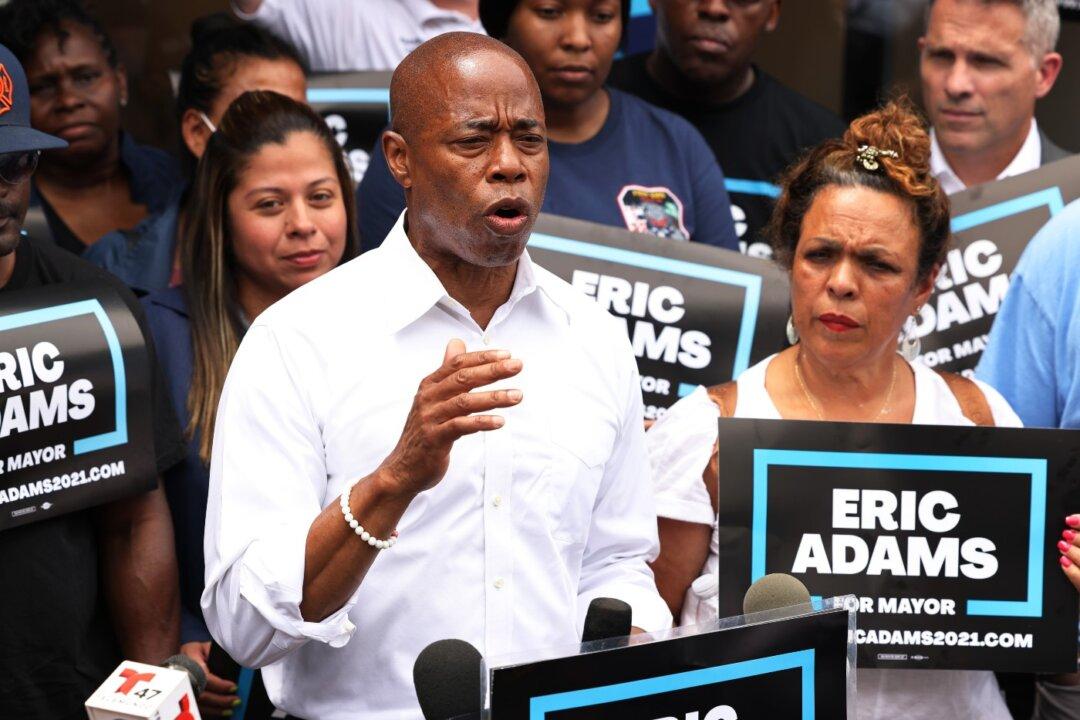Commentary
Despite confusion over the botched ranked-choice results in New York City, tallies thus far demonstrate one thing clearly: a blatant disconnect between utopian theorists and those who live at the mercy of their naive policy.

Despite confusion over the botched ranked-choice results in New York City, tallies thus far demonstrate one thing clearly: a blatant disconnect between utopian theorists and those who live at the mercy of their naive policy.